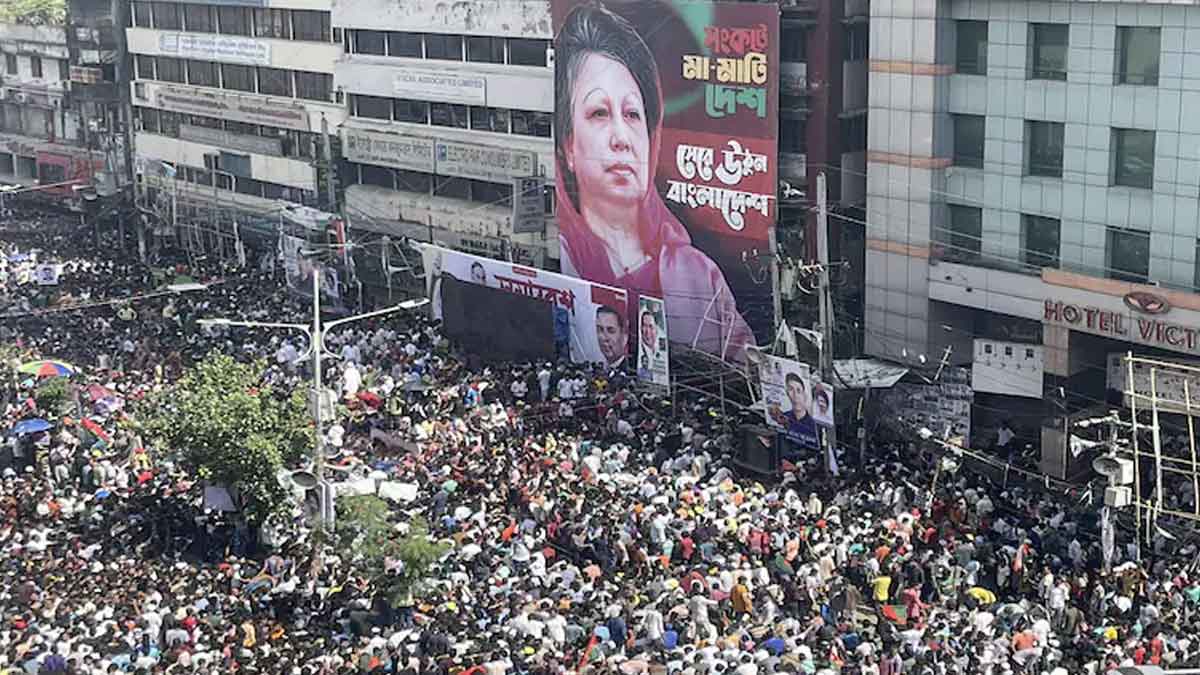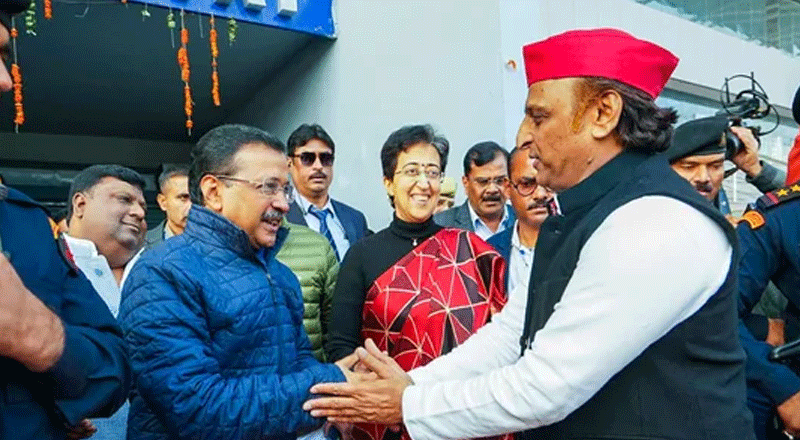Overview of Jamaat-e-Islami’s Origins and Objectives
Jamaat-e-Islami, a significant Islamist organization in South Asia, has been a pivotal player in the recent political turmoil in Bangladesh. Founded in 1975, Jamaat-e-Islami emerged from the conservative Islamic movement in what was then East Pakistan. The organization, initially inspired by Sayyid Abul A’la Maududi, a leading figure associated with the Muslim Brotherhood, aimed to establish an Islamic state based on Sharia law. The group’s name, which translates to “congregation of Islam,” reflects its commitment to promoting Islamic governance globally.
Over the decades, Jamaat-e-Islami has grown into the largest Islamic political party in Bangladesh. Its political influence peaked through its alliance with the Bangladesh Nationalist Party (BNP) led by Khaleda Zia. However, the group’s political activities faced significant restrictions in 2013 when the Bangladeshi government barred it from participating in elections. The ban was justified by citing Jamaat-e-Islami’s opposition to secularism, a core principle of the national constitution.
Controversial Historical Context
Jamaat-e-Islami’s history is marred by controversy, particularly concerning its actions during Bangladesh’s liberation war in 1971. During this conflict, Jamaat-e-Islami members were linked with auxiliary forces such as the Razakars, Al-Badr, Al-Shams, and the Peace Committee. These groups were implicated in atrocities against Bengali freedom fighters and Hindu civilians, leading to widespread condemnation and an initial ban by Sheikh Mujibur Rahman, the country’s founding father.
Despite the ban, Jamaat-e-Islami re-emerged in the political scene after Sheikh Mujibur Rahman’s assassination and the military coup of 1975. The organization was reconstituted as Jamaat-e-Islami Bangladesh, with a renewed focus on establishing an Islamic state under Sharia law. The group’s central political concept, “Iqamat-e-Deen,” represents its goal of implementing Islamic law through state power.
Decline and Legal Challenges
Jamaat-e-Islami’s decline began with the establishment of the War Crimes Tribunal by the Awami League government in 2008. The tribunal sought to address crimes committed during the 1971 liberation war. Many top Jamaat-e-Islami leaders, who had collaborated with the Pakistani Army, were convicted of war crimes. Notable convictions included Delwar Hossain Sayeedi, sentenced to death for genocide, rape, and religious persecution; Muhammad Kamaruzzaman, convicted of mass killings and rape; and Ghulam Azam, who received a 90-year prison sentence. Ali Ahsan Mohammad Mojaheed, another prominent leader, was sentenced to death.
The tribunal’s rulings led to widespread protests and strikes by Jamaat-e-Islami supporters, resulting in significant casualties and damage to public property. The legal and political backlash against Jamaat-e-Islami intensified as the International Crimes Tribunal continued to address historical grievances.
Political Influence and Alliances
In the 1980s, Jamaat-e-Islami joined forces with various multi-party alliances aimed at restoring democracy. It formed alliances with the BNP and held ministerial positions during BNP-led governments from 1991 to 1996 and 2001 to 2006. The Awami League, led by Sheikh Hasina, also briefly allied with Jamaat-e-Islami in 1996. The organization won two parliamentary seats in the 2008 elections, showcasing its enduring political influence.
Beyond Bangladesh, Jamaat-e-Islami maintains a substantial presence in Pakistan, where it remains a significant political force despite its involvement in militant activities. The group has established connections with various militant organizations, including Hamas, Palestinian Islamic Jihad, and the Muslim Brotherhood. In Europe and the US, Jamaat-e-Islami has leveraged South Asian immigrant communities to expand its influence, particularly in the UK, where it has impacted Islamic organizations and community politics.
Role in Recent Unrest
The recent unrest in Bangladesh, which led to the ousting of Prime Minister Sheikh Hasina, has been significantly influenced by Jamaat-e-Islami. The political crisis began with student protests against a controversial government job quota system. These demonstrations, initially focused on job quotas, evolved into broader anti-Hasina protests, resulting in over 400 deaths and thousands of injuries.
Reports indicate that Jamaat-e-Islami and its student wing, Chhatra Shibir, played a key role in fueling the protests. According to India Today, members of Islami Chhatra Shibir were admitted to universities across Bangladesh, where they incited students against the government. Major centers of Islami Chhatra Shibir activity included Dhaka University, Chittagong University, Jahangir University, Sylhet University, and Rajshahi University.
Government Response and Crackdown
In response to the escalating violence and unrest, Sheikh Hasina’s government designated Jamaat-e-Islami and Chhatra Shibir as terrorist organizations under Section 18/1 of the Anti-Terrorism Act of 2009. Law enforcement agencies launched a comprehensive crackdown on Jamaat-e-Islami and its affiliates, targeting their offices and publication houses. Despite these efforts, Jamaat-e-Islami activists continued to mobilize and stage protests in various regions.
The government’s efforts to curb Jamaat’s influence intensified following a 2013 court ruling that canceled Jamaat-e-Islami’s registration. The Supreme Court’s Appellate Division upheld this decision in 2023, leading to Jamaat-e-Islami’s complete ban on August 1, 2024.
Global Influence and Hasina’s Stance
Jamaat-e-Islami’s influence extends beyond Bangladesh. In Pakistan, it remains a major political force, and its connections with militant groups have facilitated its activities across borders. In Europe and the US, Jamaat-e-Islami has leveraged South Asian immigrant communities to expand its influence.
Sheikh Hasina, known for her progressive and secular stance, has been a target for radical Islamist groups, including Jamaat-e-Islami. Despite facing significant challenges, Hasina has remained committed to promoting secularism and curbing the influence of extremist groups in Bangladesh.
The ongoing crisis in Bangladesh, fueled in part by Jamaat-e-Islami’s actions, reflects broader regional and global dynamics. As the country navigates this turbulent period, the impact of Jamaat-e-Islami continues to be a critical factor in shaping Bangladesh’s political landscape.
(With inputs from agencies)





